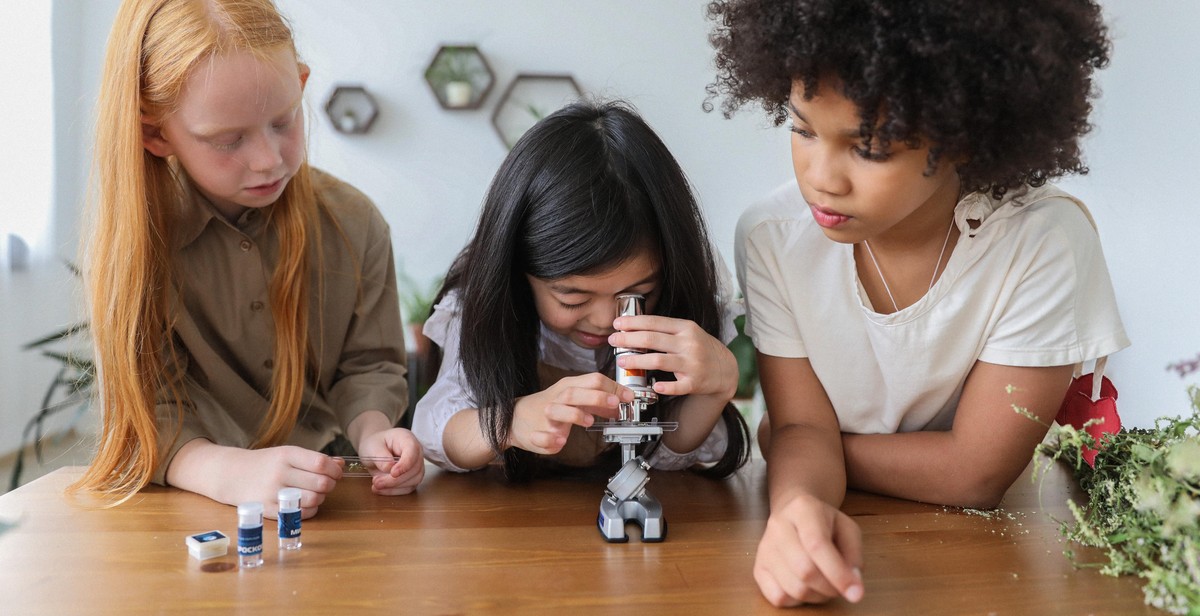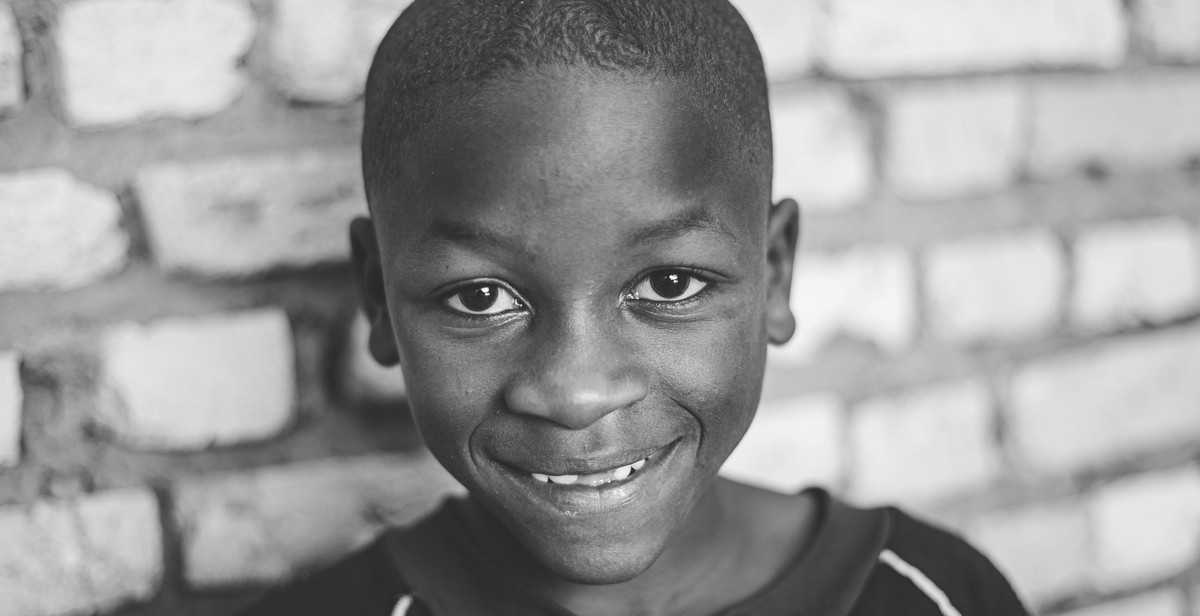The Influence of Childhood Experiences on Adult Mental Health
Childhood is a critical period in human development that shapes our personality, behavior, and mental health in adulthood. The experiences we have during our early years greatly influence our social, emotional, and cognitive development, and can have long-lasting effects on our mental well-being.
Research has shown that adverse childhood experiences (ACEs) such as abuse, neglect, violence, and household dysfunction can increase the risk of developing mental health problems later in life. These experiences can affect the brain’s development, leading to altered stress responses, emotional regulation difficulties, and impaired social skills.
On the other hand, positive childhood experiences such as a supportive family, nurturing relationships, and a safe and stable environment can promote resilience and protect against mental health issues.
In this article, we will explore the link between childhood experiences and adult mental health, the types of childhood experiences that can impact mental health, and the protective factors that can mitigate the negative effects of ACEs. We will also discuss the importance of early intervention and prevention strategies for promoting positive mental health outcomes.

Understanding Childhood Experiences
Childhood experiences refer to events and situations that a child goes through from birth until adolescence. These experiences can shape the child’s personality, behavior, and mental health in adulthood. It is essential to understand the different types of childhood experiences to identify their impact on an individual’s mental health.
Defining Childhood Experiences
Childhood experiences can be divided into two categories: positive and negative. Positive experiences refer to events that promote a child’s emotional, social, and cognitive development. These experiences include receiving love and affection from parents, having a stable home environment, and being praised for achievements.
Negative childhood experiences, on the other hand, are events that can harm a child’s emotional, social, and cognitive development. These experiences include physical, emotional, and sexual abuse, neglect, poverty, and exposure to violence.
Types of Childhood Experiences
Childhood experiences can also be categorized based on their impact on mental health. Adverse Childhood Experiences (ACEs) refer to traumatic events that can have long-term effects on an individual’s mental health. These experiences include abuse, neglect, and household dysfunction such as divorce or substance abuse.
Other types of childhood experiences that can influence mental health include attachment styles, parenting styles, and peer relationships. Attachment styles refer to the emotional bond between a child and a caregiver, while parenting styles refer to the way parents interact with their children. Peer relationships, on the other hand, refer to the child’s interactions with other children.
| Positive Childhood Experiences | Negative Childhood Experiences |
|---|---|
| Love and affection from parents | Physical, emotional, and sexual abuse |
| Stable home environment | Neglect |
| Praise for achievements | Poverty |
| Exposure to violence |
Understanding childhood experiences and their impact on mental health is crucial in developing effective interventions and treatments for individuals who have experienced adverse childhood experiences.

The Impact of Childhood Experiences on Adult Mental Health
Childhood experiences have a significant impact on adult mental health. Studies have shown that adverse childhood experiences (ACEs) such as abuse, neglect, household dysfunction, and exposure to violence can lead to a higher risk of mental health problems later in life. ACEs can also increase the likelihood of developing physical health problems, substance abuse, and engaging in risky behaviors.
The Link Between Childhood Experiences and Mental Health
Research has shown that childhood experiences can shape the way our brain develops and functions, influencing our behavior, emotions, and thoughts in adulthood. ACEs can lead to changes in the brain’s stress response systems, making individuals more susceptible to anxiety, depression, and other mental health disorders.
How Childhood Experiences Affect Mental Health in Adulthood
ACEs can have a lasting impact on mental health in adulthood. Individuals who have experienced childhood trauma may struggle with feelings of shame, guilt, and low self-esteem. They may also have difficulty regulating their emotions and may experience anxiety, depression, and post-traumatic stress disorder (PTSD).
ACEs can also affect relationships, making it difficult for individuals to trust others and form healthy attachments. This can lead to social isolation and difficulty maintaining employment or academic success.
However, it’s important to note that not everyone who experiences ACEs will develop mental health problems. Protective factors such as a supportive family, access to mental health care, and healthy coping mechanisms can help mitigate the negative effects of childhood trauma.
| Adverse Childhood Experiences | Mental Health Problems |
|---|---|
| Abuse (physical, emotional, sexual) | Anxiety, depression, PTSD |
| Neglect (physical, emotional) | Anxiety, depression, substance abuse |
| Household dysfunction (divorce, domestic violence, substance abuse) | Anxiety, depression, substance abuse |
| Exposure to violence | Anxiety, depression, PTSD |
Overall, childhood experiences have a significant impact on adult mental health. It’s important to address childhood trauma and provide individuals with the necessary resources and support to promote mental health and well-being.
Identifying Negative Childhood Experiences
Childhood experiences play a significant role in shaping an individual’s mental health. While positive experiences can promote well-being, negative experiences can lead to mental health issues such as anxiety, depression, and post-traumatic stress disorder.
Common Negative Childhood Experiences
Identifying negative childhood experiences is crucial for addressing underlying mental health issues. Some of the common negative experiences that can have long-lasting effects on mental health include:
- Physical, emotional, or sexual abuse
- Neglect or abandonment
- Exposure to domestic violence
- Parental substance abuse or addiction
- Parental divorce or separation
- Death of a parent or sibling
These experiences can cause significant emotional and psychological distress and lead to a range of mental health issues later in life.
The Importance of Identifying Negative Childhood Experiences
Identifying negative childhood experiences is the first step in addressing the underlying mental health issues. It allows individuals to seek appropriate treatment and support to manage their symptoms and improve their overall well-being.
Furthermore, identifying negative childhood experiences can help individuals understand the root cause of their mental health issues and work to address them. It can also help individuals develop healthy coping mechanisms and build resilience to prevent future mental health issues.
Overall, identifying negative childhood experiences is crucial for promoting positive mental health outcomes and improving overall well-being.

The Importance of Addressing Childhood Trauma
Childhood trauma can have a profound impact on a person’s mental health in adulthood. The consequences of ignoring childhood trauma can be devastating and can lead to a lifetime of mental health problems, including anxiety, depression, and post-traumatic stress disorder (PTSD).
The Consequences of Ignoring Childhood Trauma
Ignoring childhood trauma can have serious long-term consequences on a person’s mental health. Studies have shown that individuals who experience childhood trauma are more likely to develop mental health disorders later in life. This includes anxiety, depression, and PTSD.
Childhood trauma can also affect a person’s physical health. Individuals who have experienced childhood trauma are at a higher risk of developing chronic health conditions, such as heart disease and diabetes.
How to Address Childhood Trauma
Addressing childhood trauma is essential to prevent long-term mental and physical health problems. There are several ways to address childhood trauma, including therapy, support groups, and self-care.
- Therapy: Therapy can help individuals process their traumatic experiences and develop coping mechanisms to manage their symptoms.
- Support groups: Support groups can provide individuals with a supportive environment to share their experiences and connect with others who have experienced similar trauma.
- Self-care: Self-care activities, such as exercise, mindfulness, and journaling, can help individuals manage their symptoms and improve their overall well-being.
It is important to seek help from a mental health professional if you or someone you know has experienced childhood trauma. With the right support and treatment, individuals can overcome the effects of childhood trauma and lead a fulfilling life.

Recovering from Childhood Trauma
Recovering from childhood trauma is a long and difficult process, but it is possible. It requires a lot of hard work, dedication, and support from loved ones.
The Recovery Process
The first step in the recovery process is acknowledging that you have experienced childhood trauma and that it has had a lasting impact on your mental health. This can be a difficult step, as many individuals may feel ashamed or embarrassed about their experiences.
Once you have acknowledged your trauma, it is important to seek out professional help. Therapy can be a crucial component of the recovery process, as it provides a safe and supportive environment to process your experiences and develop coping skills.
Other important steps in the recovery process include:
- Developing a self-care routine
- Building a support system of trusted friends and family members
- Learning to set boundaries and prioritize your own needs
- Engaging in activities that bring you joy and fulfillment
The Role of Therapy in Recovery
Therapy can play a critical role in the recovery process for individuals who have experienced childhood trauma. There are a variety of therapy modalities that can be effective, including cognitive-behavioral therapy (CBT), dialectical behavior therapy (DBT), and eye movement desensitization and reprocessing (EMDR).
Therapy can help individuals:
- Process and make sense of their experiences
- Develop coping skills to manage symptoms of trauma
- Build healthy relationships and set boundaries
- Reduce feelings of shame, guilt, and self-blame
| Tip: | It is important to find a therapist who specializes in trauma and has experience working with individuals who have experienced childhood trauma. |
|---|
Remember, recovery is a journey, not a destination. It is important to be patient and kind to yourself throughout the process.

Conclusion
Childhood experiences can have a significant impact on adult mental health, and it’s important to understand the ways in which these experiences can shape our lives. Whether it’s experiencing trauma, growing up in a dysfunctional family, or facing chronic stress, the effects of childhood experiences can last a lifetime.
However, it’s important to remember that not everyone who experiences childhood adversity will develop mental health problems. Factors such as genetics, resilience, and social support can all play a role in determining an individual’s mental health outcomes.
That being said, it’s crucial that we prioritize the mental health needs of children, and work to prevent childhood trauma and adversity whenever possible. This can involve providing support to families, improving access to mental health services, and promoting positive parenting practices.
For those who have experienced childhood adversity, seeking professional help can be a crucial step in healing and moving forward. Therapy, medication, and other treatments can help address the long-term effects of childhood trauma and improve overall mental health outcomes.
Ultimately, the relationship between childhood experiences and adult mental health is complex and multifaceted. By understanding the ways in which our early experiences shape our lives, we can work towards creating a healthier, more supportive environment for all individuals.
